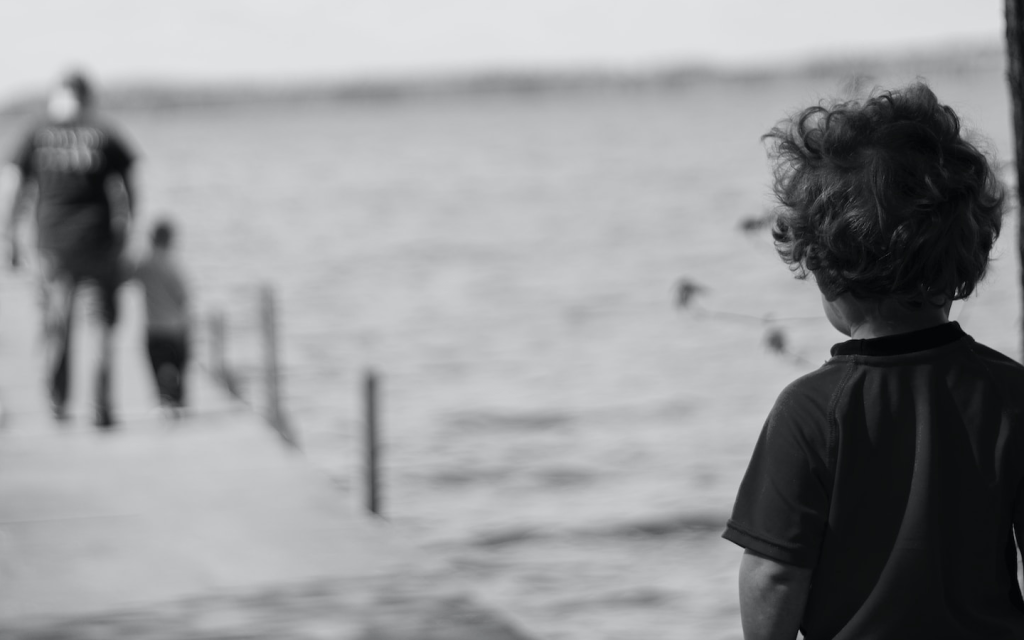LOST CHILDREN IN POVERTY ARE REMEMBERED IN LABAKI’S ‘CAPERNAUM’

Zain Al Rafeea’s acting is breath-taking.
Capernaum is consuming. The Lebanese film, which has been widely accepted as a masterpiece, winning several awards including the 2018 jury prize at Cannes, is a story about pain, trauma and existential crisis. It is shocking in its depiction of deep depression, that is only understood and unique to children who are impoverished and neglected.
Zain Al Rafeea, is a gifted young actor who as it happens, is a Syrian refugee, apparently discovered on the streets of Beirut by director Nadine Labaki. He is startlingly amazing in his role as a young Lebanese boy who is suing his parents because of neglect. According to records, Rafeea’s life shared similarities with his character who is also named Zain. The level of talent and power he delivered in his role is affecting because the story is very sad.
“Capernaum” immediately starts off with a depressive beginning with Zain, a precocious young boy on the streets of Beirut, living with a huge family of about six siblings and two parents who are wicked, lazy, and neglectful about the care of their family. They are absent at best but when they do make decisions for the family, it’s always at the cost of their children and their integrity.
None of the children are attending school even though Zain’s mother acknowledged that the government offers aid, clothing and other necessities to students, which in turn helps their family. Instead, the children are used as another source of income while they live under the roof of Assad (Nour El Husseini) a neighbour and landlord, who requires that the children work at his family’s grocery business to pay for the cost of their keep. However, the only people seen old enough to really contribute their effort are Zain and his younger sister Sarah (Haita ‘Cedra’ Izzam).
Their life is made clear to be pitiful. At only 12-years-old Zain is hardened. When he visits the homes of clients to drop off orders, he frowns his face and walks with a careless yet confident attitude as if to say he’s witnessed a lot of hardship. In one instance, a client makes a gesture to wave in him, trying to grab his body to direct him inside his home for what could only be assumed to be something despicable and troubling, yet Zain doesn’t hesitate to push him away and tell him to let him go.
He carries the attitude and power of an adult in such a small frame. He’s quick at discerning danger and trouble in the spirit of the elders around him who are constantly pleading for him to comply with their decisions even when it’s not in his best interest. Still, it’s only natural that he would be forced to mature, given that his survival and well-being depends on it.
Zain’s wariness of adults is rooted deeply in his doubt of his parents virtue. He’s distrustful of them because he’s seen them gravel and yield unnervingly in spite of their children in exchange for “free” goods. It made him understand far too early that some grown-ups can be bad and dangerous. As a result, he is rightfully suspicious of Assad and his disturbing interest in his younger sister Sarah. He knows Assad and his family only mean trouble because he’s seen other girls disappear in their apartments; young girls who he believes to have been exchanged like chattel for rent and money.
The turning point in his story leads with his family separating him from Sarah. His loss fuels his anger and motivation to survive and seek betterment. In this quest, he encounters a single mother named Rahil (Yordanos Shiferaw) a young ethopian woman who shows him love and comfort for the first time in his young life. That encounter triggers a series of misfortunes that lead him to court, fighting against his family and his history.
“Capernaum” is beautiful in its darkness because of its ability to capture the emotion of deep sorrow from having to suffer through life when you are in despair. Rafeea’s ability to communicate his discomfort and his sadness through just his grimaces and tone is astonishing given that this is his first acting role. Zain’s pain is palpable, transcended and excruciating to watch. His fight, although encouraging, is frustrating to experience because why should a young boy of that age be put in that position in the first place?
The idea that adults have failed children is the canon of the movie which, remains as a social political art of how government bodies have neglected children in impoverished nations and that fail to provide adequate support in the form of food or even housing. Worse, these governments fails these children by not being able to even account for how many there are, who they are and where they are. They are essentially lost and left to be abused by predators. In such an environment the children who are not as gifted as Zain are lost forever, while those like Zain are left in a damaging perpetual system of poverty that manifest danger and greater hardship.
“Capernaum” professes an honest look at poverty, the neglect and abuse of children and a possible answer to this seemingly indelible cycle. Zain proved that every child, no matter how neglected, should be given the opportunity to truly live instead of simply surviving. Everyone has something valuable to contribute to society; Zain’s ingenious ability to solve problems in the mist of serious trouble is enough perspective to consider the value lost when we ignore people in impoverished states. Imagine the minds that are being forgotten.